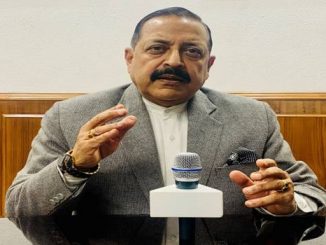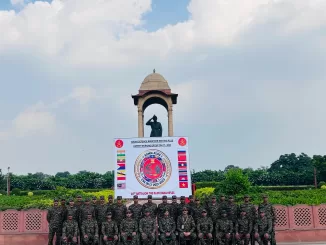
The government has waived customs duty on import of goods for producing oil and gas from 69 idle fields of state-owned ONGC and Oil India Ltd that will be auctioned this year.
In a notification, the Revenue Department said ‘nil’ customs duty will apply to goods imported “in connection with petroleum operations undertaken under specified contracts under the Marginal Field Policy (MFP)”.
The Union Cabinet had on September 2 last year approved MFP to bring idle fields of ONGC and OIL to production at the earliest so as to augment domestic production of oil and gas. ONGC and OIL could not monetise the fields for years due to various reasons such as isolated locations, small size, prohibitive development costs, technological constraints and unfavourable fiscal regime.
The policy provides for a single licence to be bid out to operators to explore and extract all forms of hydrocarbon resources including conventional oil and gas as well as unconventional resources like coal-bed methane (CBM), shale gas or oil and gas hydrates.
The current policy allows exemption from customs duty for goods imported by an Indian or foreign company in connection with petroleum operations or coal bed methane operations undertaken after April 1, 1998 under New Exploration Licensing Policy (NELP) or after April 1, 2011 under CBM Policy.
For the MFP, the notification said the duty will be exempt for operations undertaken “on or after the 14th day of October, 2015 in terms of the Marginal Field Policy”. The government intends to auction the 69 fields on a new revenue sharing model and liberalised terms including pricing and marketing freedom.
The 69 small and marginal fields holding 89 million tonne of oil and gas resources will be given to explorers offering the maximum revenue from hydrocarbon produced to the government. The government will allow companies to sell oil as well as natural gas produced from these fields at market price and with no restriction on who they sell the produce to.
While oil is priced at global benchmark currently, a complex international hub based formula determines gas price, which is roughly half of the rate at which India imports gas.
The new revenue sharing regime will replace the Production Sharing Contract (PSC) model where oil and gas blocks are awarded to those firms which show they will do maximum work. All their investments can then be recovered from sale of oil and gas before sharing profits with the government.
This model was criticised by CAG which said it encouraged companies to keep raising cost so as to postpone higher share of profits to the government.







Leave a Reply
You must be logged in to post a comment.